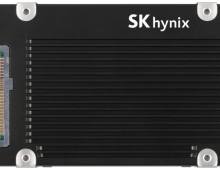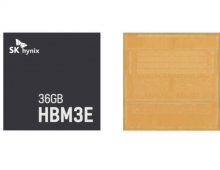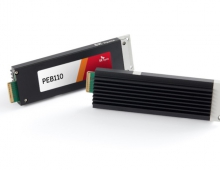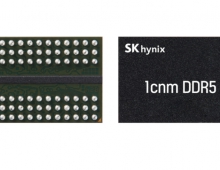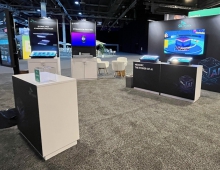
Powerchip, Elpida Forge 14 Billion Dollar Deal
Taiwan's Powerchip Semiconductor Corp and Japan's Elpida Memory Inc have announced a 1.23 billion US dollar joint venture with plans to invest almost 14 billion dollars over five years.
The joint venture aims to build the world's largest memory chip facilities in the Central Taiwan Science Park after acquiring Powerchip's new 12-inch (300 millimetre) wafer plant still under construction, the two companies said.
"In total, we two are ready to invest a combined 450 billion dollars or 13.6 billion US dollars, over the next four to five years in building four (12-inch-wafer) plants in central Taiwan," Powerchip Chairman Frank Huang told reporters.
The Powerchip-Elpida project will start output of using 70-nanometer technology and will work toward moving to the more advanced 50-nanometer phase and beyond, Huang added.
The project will build four fabrication plants of Fabs, each with a monthly capacity of 60,000 12-inch wafers or a total of 240,000 wafers per month, he said.
"Now is the time for us to make our move into PC DRAM production to be the number one player in the DRAM industry," Yukio Sakamoto, president and chief executive of Elpida said.
By joining forces, the two companies said they aimed to capture the number one position in Dynamic Random Access Memory chips (DRAM) chips, which are used in digital appliances such as personal computers and mobile phones.
Elpida has been seeking to catch up with industry leader Samsung in the production of DRAM chips.
"In total, we two are ready to invest a combined 450 billion dollars or 13.6 billion US dollars, over the next four to five years in building four (12-inch-wafer) plants in central Taiwan," Powerchip Chairman Frank Huang told reporters.
The Powerchip-Elpida project will start output of using 70-nanometer technology and will work toward moving to the more advanced 50-nanometer phase and beyond, Huang added.
The project will build four fabrication plants of Fabs, each with a monthly capacity of 60,000 12-inch wafers or a total of 240,000 wafers per month, he said.
"Now is the time for us to make our move into PC DRAM production to be the number one player in the DRAM industry," Yukio Sakamoto, president and chief executive of Elpida said.
By joining forces, the two companies said they aimed to capture the number one position in Dynamic Random Access Memory chips (DRAM) chips, which are used in digital appliances such as personal computers and mobile phones.
Elpida has been seeking to catch up with industry leader Samsung in the production of DRAM chips.

